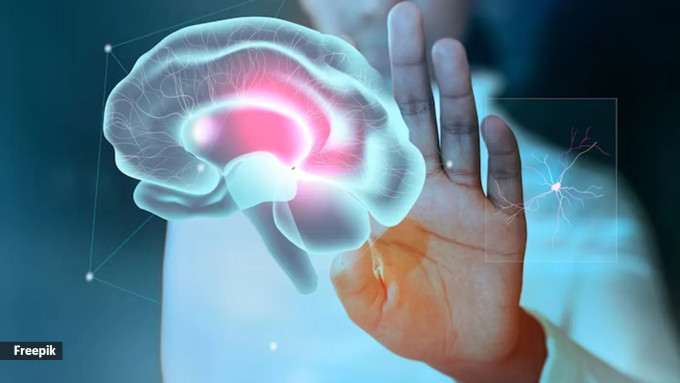When Baahubali actor Anushka Shetty revealed she has a rare ‘laughing disease’; know more about it
Laughter is often contagious, but for Baahubali actor Anushka Shetty, it is a disorder. In an old video interview, Shetty revealed that she suffers from a rare laughing condition that makes it impossible for her to stop once she starts. “I have a laughing disease. You might wonder, ‘Is laughing a problem?’ For me, it is. If I start laughing, I can’t stop for 15 to 20 minutes. While watching or shooting comedy scenes, I literally roll on the floor laughing, and the shoot has been halted many times,” said Shetty, as reported by Indiaglitz.
What is the condition all about?
The “laughing disease” is called the pseudobulbar affect in medical literature, said neurologist Dr Sudhir Kumar. Common symptoms in people suffering from pseudobulbar affect include:

* Sudden episodes of laughter or crying
* These episodes are violent, and last for several minutes (usually 15-20 minutes)
Kumar said that often, the precipitating factor for laughing may be small, which means, the emotional responses are out of proportion to the triggering event. Other people who are present there may not find it so funny and therefore, the person suffering from laughing disease may feel embarrassed about his/her response, he noted.
 Pseudobulbar affect is a neurological disorder (Source: Freepik)
Pseudobulbar affect is a neurological disorder (Source: Freepik)
The underlying reasons for laughing disease
Several neurological disorders, such as motor neuron disease (MND)/amyotrophic lateral sclerosis (ALS), multiple sclerosis (MS), brain stroke, brain tumor, or traumatic brain injury, can cause pseudobulbar affect. “In many cases, there is no obvious brain or neurological disease. In these instances, the condition is thought to be related to an imbalance in neurotransmitters, resulting in dysfunction in brain neural pathways, such as cerebro-ponto-cerebellar pathways,” said Kumar.
The exact cause of the condition can vary, and in some cases, the origin remains unidentified. “These seizures are not always accompanied by typical epileptic symptoms like convulsions, making diagnosis challenging,” said Dr Vinit Banga, associate director- neurology and head neurointervention, BLK Max Hospital.
According to Kumar, the “laughing disease” can be mistaken for a psychiatric illness. However, it is not the same. “Pseudobulbar affect (or laughing disease) can be confused with mood disorders such as mania or depression. In pseudobulbar affect, the symptoms last only for minutes, and the person’s mood is normal between episodes. In contrast, mood disorders present symptoms throughout the day. There is no underlying psychopathology in people suffering from pseudobulbar affect, and thus, it is not considered a psychiatric illness,” Kumar said.
However, since the symptoms appear emotional and the causes are related to brain dysfunction, it is considered a neuropsychiatric illness.
Treatment
“Deep, relaxed, and slow breathing can help during laughing episodes. Diverting your mind to another topic could also help. Relaxing the muscles around the shoulder, neck, and chest wall is also helpful,” said Kumar.
There are a few medications approved to treat this disease. Consult a doctor for specific treatment advice.
Disclaimer: The copyright of this article belongs to the original author. Reposting this article is solely for the purpose of information dissemination and does not constitute any investment advice. If there is any infringement, please contact us immediately. We will make corrections or deletions as necessary. Thank you.

